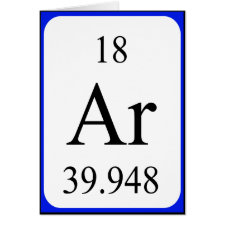
Authors: Zhang Z, Chen LX, Yang FF, Li JH
Article Title: Uniform core-shell molecularly imprinted polymers: a correlation study between shell thickness and binding capacity.
Publication date: 2014
Journal: RSC Advances
Volume: 4
Issue: (60)
Page numbers: 31507-31514.
DOI: 10.1039/C4RA03282A
Alternative URL: https://www.researchgate.net/publication/267869552_Uniform_core-shell_molecularly_imprinted_polymers_A_correlation_study_between_shell_thickness_and_binding_capacity
Abstract: Core-shell molecularly imprinted polymers (CS-MIPs) have aroused increasing interest owing to their easy accessibility and favorable mass transfer. Herein, we explore the correlation between shell thickness and binding capacity by using Sudan I as template molecule to prepare different CS-MIPs at the surface of carboxyl polystyrene through emulsion polymerization with a two-step temperature-rising process. Extensive characterization was performed using techniques such as SEM/TEM, FT-IR, BET, and TGA. Main factors were systematically studied such as the amount of prepolymer solution, the amount of SDS, and the temperature step. Under the optimized conditions, CS-MIPs with a shell thickness of 2.60 μm presented the highest binding capacity of 30.1 μmol g-1 and the most rapid mass transfer rate. A uniform sphere model was constructed, and it was found that template molecules located in the spherical MIPs with a diameter of 5.20 μm will be completely eluted, thereby attaining the maximum binding capacity. The static adsorption isotherm followed the Langmuir-Freundlich adsorption model, and the fast kinetics obeyed the pseudo-second-order kinetics model. High recognition specificity for Sudan I with respect to its analogues was displayed, with an imprinting factor of 2.7. The establishment of a critical value of shell thickness provides new insights into the preparation methodology and molecular recognition mechanism of core-shell imprinted polymers
Template and target information: Sudan I



Join the Society for Molecular Imprinting

New items RSS feed
Sign-up for e-mail updates:
Choose between receiving an occasional newsletter or more frequent e-mail alerts.
Click here to go to the sign-up page.
Is your name elemental or peptidic? Enter your name and find out by clicking either of the buttons below!
Other products you may like:
 MIPdatabase
MIPdatabase









